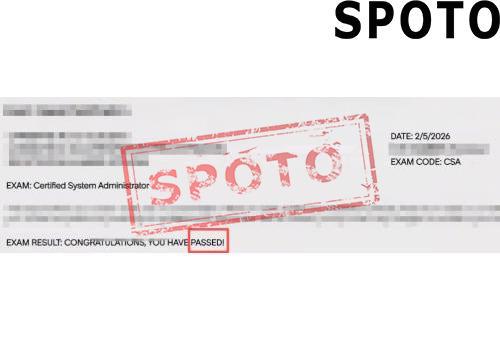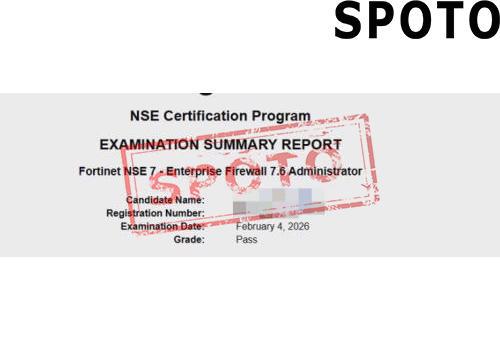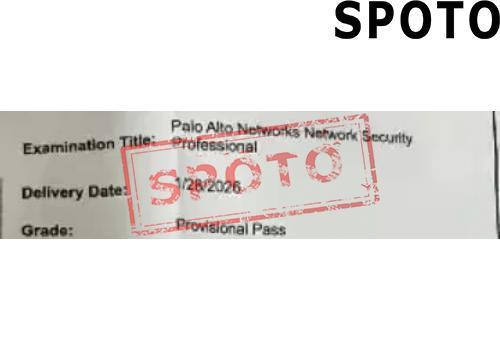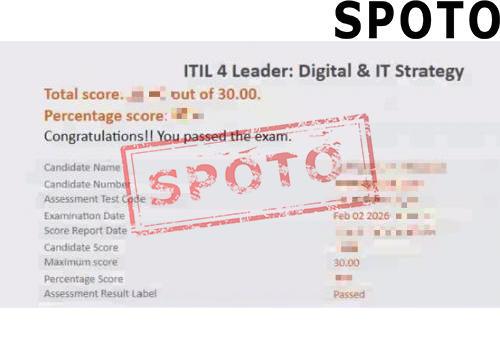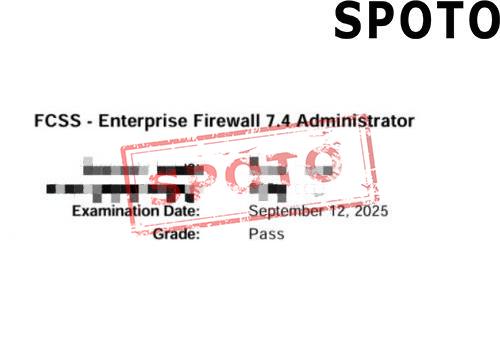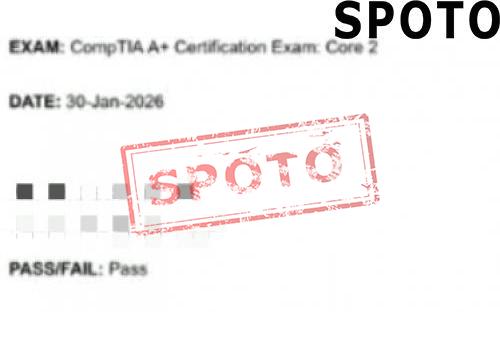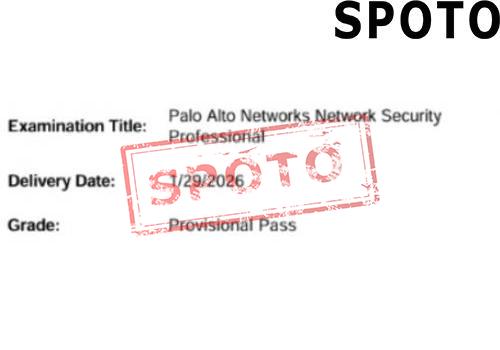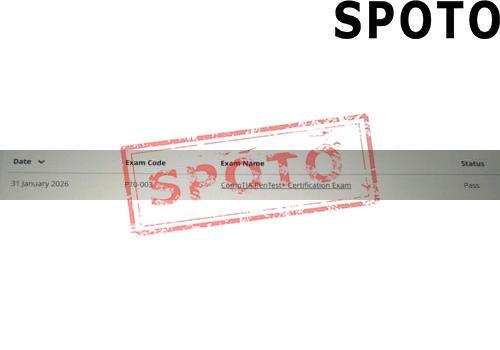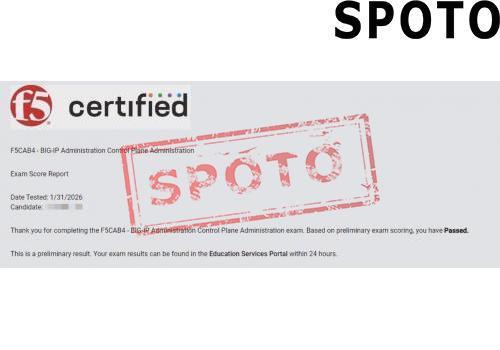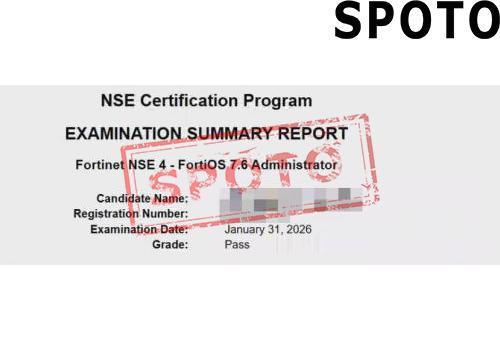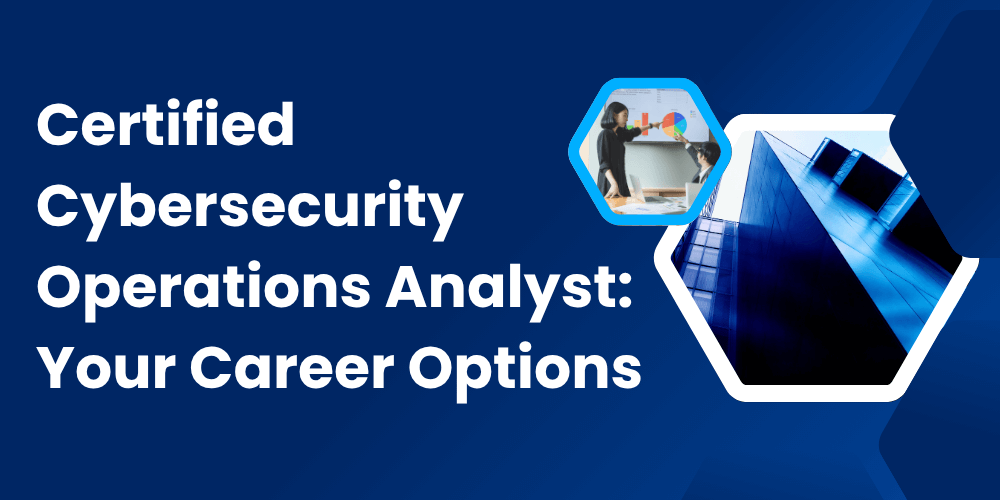
Table of Contents
This article explains what CCOA is and how its value lies in cultivating professionals who can gain insight into threats through data and support proactive defense.
1. How much do you know about operations analysts?
The Certified Cybersecurity Operations Analyst (CCOA) is a professional certification offered by authoritative industry organizations. It focuses on developing and validating practitioners' practical capabilities in threat detection, vulnerability management, security monitoring, and incident response within cybersecurity operations. It is a crucial entry-level to intermediate qualification in the field of cybersecurity operations.
The core of cybersecurity operations is to ensure the security of an organization's networks and systems through continuous monitoring, analysis, and response. The CCOA focuses on "data-driven threat detection and analysis," requiring holders to not only use security tools to collect and analyze data such as logs and traffic, but also identify potential threats, detect malware and intrusions, assess vulnerability risks, and provide technical support for incident response. Positioned between basic security technologies and advanced security analytics, the Certified Cybersecurity Operations Analyst plays a key role in connecting security monitoring and proactive defense.
2. Benefits of having Certified Cybersecurity Operations Analyst certification
As globally recognized security analyst certifications, CCOA qualifications like CySA+ directly validate a holder's threat detection and data analysis capabilities. Unlike purely theoretical certifications, CCOA certifications emphasize practical application, providing authoritative evidence of a holder's real-world proficiency. They are prioritized by many government agencies and businesses when recruiting SOC analysts.
Security operations is a core position in cybersecurity. CCOA certification opens the door to careers in areas like SOC and vulnerability management, offering significantly higher salaries than basic security positions. CCOA also lays the foundation for advancement to senior analyst positions. In other words, CCOA can be a key stepping stone for career advancement.
With the intensification of threats like ransomware and supply chain attacks, companies are increasingly demanding talent who can proactively identify threats, rather than merely passively defend against them. The data analysis and threat detection skills possessed by CCOA holders are crucial skills for meeting these challenges.
Critically, CCOA certifications are not tied to specific vendor technologies and are cross-platform and applicable to various IT environments, making them highly adaptable. Compared to certifications tied to specific vendor technologies, CCOA certifications are more universal.
3. Understanding the CCOA Certification
Taking the CompTIA CySA+ as an example, the CCOA certification covers core competencies across the entire cybersecurity operations process, including threat and vulnerability management, security monitoring and data analysis, incident response and handling, and security compliance and operations management.
More specifically, practitioners are required to use scanning tools to detect vulnerabilities in systems, applications, and network devices, understand the CVSS scoring system, categorize vulnerability severity, collect and analyze public and internal threat intelligence, correlate it with organizational assets, and predict potential attack paths. They also need to assess risk levels, prioritize vulnerability remediation based on business impact and threat probability, and avoid wasted resources. Collecting log data from firewalls, servers, and other devices, centrally analyzing it using SIEM tools, identifying abnormal behavior, interpreting packet capture files, identifying suspicious emails, and distinguishing between legitimate and attack traffic are also routine responsibilities.
In terms of incident response and handling, CCOA holders are required to classify incidents based on severity and initiate appropriate response processes. After an incident occurs, they must quickly collect evidence and implement temporary measures to prevent escalation. After the incident is resolved, they must compile an incident analysis report, summarizing attack paths and defense gaps, and providing recommended mitigation measures. Security compliance and operational management are fundamental requirements of this profession. Understanding common security regulations regarding log retention and vulnerability management ensures operational processes meet compliance standards. Mastering the basics of tools like vulnerability scanners and threat hunting platforms allows for the selection of appropriate technical solutions based on specific scenarios. Clearly reporting security risks to non-technical personnel and collaborating with red and blue teams to optimize defense systems are also part of their daily work.
4. Qualifying for the CCOA Certification
(1) Prerequisites
It is recommended to have basic network knowledge and 1-2 years of network security related work experience, and be familiar with TCP/IP, operating systems and common security concepts.
(2) Examination format
The CCOA examination lasts 165 minutes and includes 90 single-choice questions, multiple-choice questions and performance-based questions. The examination supports offline authorized test centers or online remote proctoring. The full score is 1000 points, and a score of ≥750 points is considered a pass. The Certified Cybersecurity Operations Analyst (CCOA) certification exam launched by ISACA has an examination fee of US$399 for global members and US$499 for non-global members. In addition, if you need to reschedule the exam, there is no additional fee if you reschedule 48 hours in advance. Otherwise, you may be required to pay related fees.
(3) Maintaining certification
The CCOA certificate is valid for 3 years and must be renewed, accumulate CEUs, participate in training, and obtain higher-level certifications to maintain its validity.
5. Similar certifications of Certified Cybersecurity Operations Analyst certification
- Council Certified Threat Intelligence Analyst (CTIA)
- Certified Information Systems Auditor (CISA)
- GIAC Certified Intrusion Analyst (GCIA)
- Security Operations Analyst Associate
